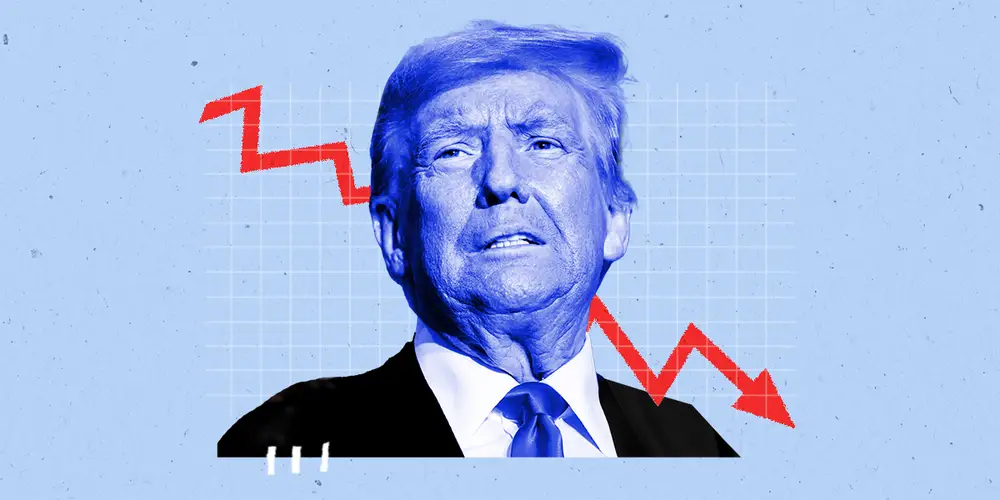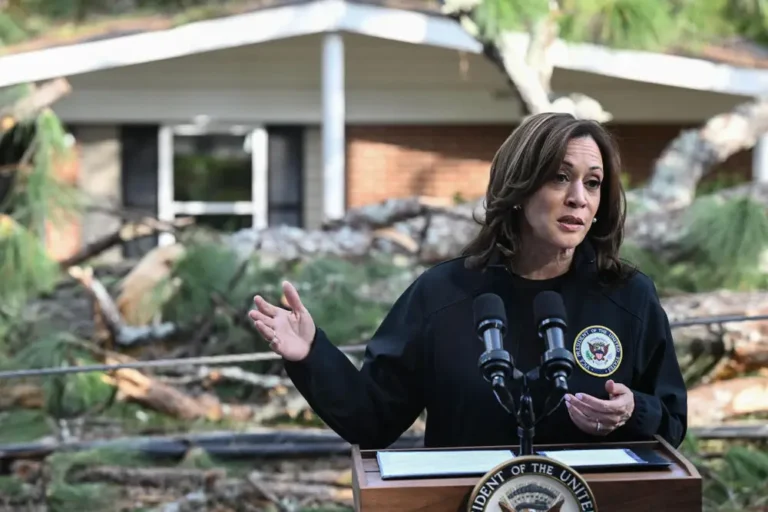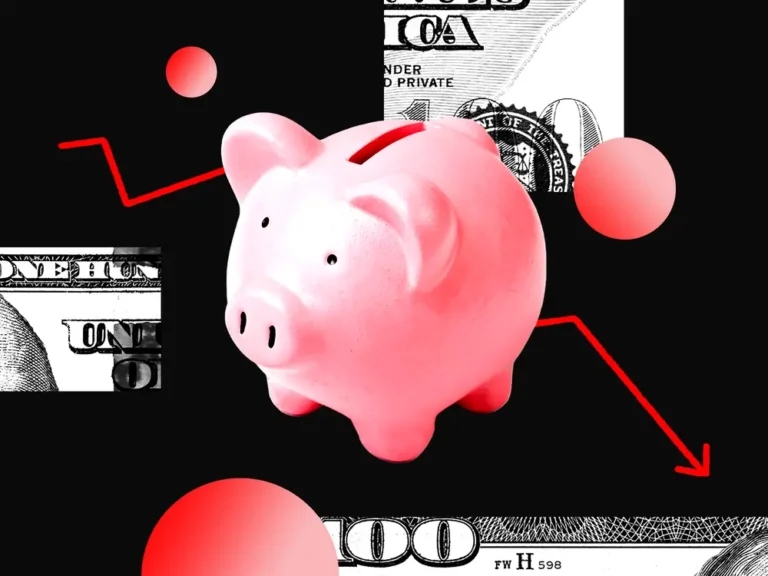Why one veteran economist is doubling down on his 2025 recession call after Trump’s victory

The US economy is still likely to slow into a recession next year — and Trump’s election victory may have made the economic outlook even more challenging, Steve Hanke, a top economist, said.
The Johns Hopkins professor, who’s warned of a coming downturn for months, said he was sticking to his 2025 recession call in an interview with NYSE TV Live on Friday. That’s mainly because of a concerning trend in the money supply, he said, referring to the total volume of money flowing around markets and the economy.
M2, one class of the money supply, shrank from mid-2022 to March 2024, according to Federal Reserve data. That’s a rare trend that’s only happened four times over the past century and has ended in a recession in every instance, Hanke said.
The M2 money supply started to re-expand this year, rising 2.47% year-over-year at the end of September. But that rate remains well-below the 6% growth Hanke thinks is needed to maintain inflation at the Fed’s target rate — a sign, in his view, that the economy is growing too slowly.
“My view is that the economy is going to continue to slow down and probably will experience a recession next year,” Hanke said.
“The fuel for the economy, to make it simple, is the money supply. And what’s going on in the money supply? And if you get significant changes in it, you get significant changes in nominal GDP,” he said.
Trump’s protectionist economic policies could also be a “big negative” for the economy, Hanke added.
Economists say some aspects of Trump’s agenda, like his plan to levy steep tariffs on US imports, could boost economic growth, which would challenge Hanke’s recession outlook. And some see the policies as inflationary, which complicates the deflation piece of Hanke’s argument.
If imposing tariffs raises costs for consumers, that could backfire on the US economy, as higher prices could lead consumers to demand fewer goods, Hanke said.
“It’s very clear. If you put tariffs on imports, it’s like putting a sales tax on those imports. And if you put a sales tax on something, what happens? People don’t demand as much of it,” he said.
Trump has disputed the idea that his economic plan would be inflationary and maintained that his policies will actually lower prices for Americans. He implemented tariffs during his first term as president without a significant inflation increase, but economists note that his tariff plans this time around are far more wide-reaching, explaining the difference in inflation forecasts.
Most forecasters, though, still anticipate a soft landing for the US economy, with inflation trending closer to the Fed’s target rate and economic growth remaining solid. Consumer prices rose 2.6% on a yearly basis in October, slightly hotter than last month’s levels, but on par with expectations. Real GDP, meanwhile, is estimated to grow at a 2.5% clip over the fourth quarter, according to the Atlanta Fed’s latest GDPNow reading.






